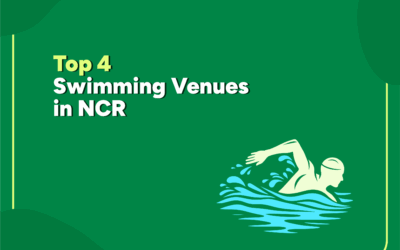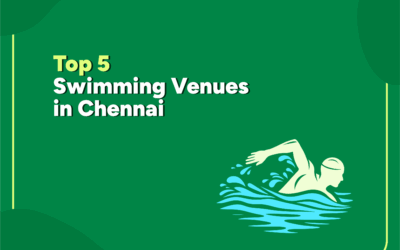Thinking of a switch to veganism? It’s no secret that a plant-based diet is better for you. The vegan is one such diet. Vegans not only give up meat but dairy products too for several reasons.
The trend is such now that a lot of people are going vegan. They are going vegan not only cause it is healthier for the body, but also because it is environmentally better. Veganism is a new way of life and is defined as a way of existing without subjecting animals to any sort of cruelty or exploitation. Hence vegans do not drink milk or eat eggs and cheese.
But is this kind of diet good for athletes? There is a lot of speculation about this.
Let’s have a look at the pros and cons of a vegan diet for athletes:
PROS:
#1. Builds endurance:
A vegan diet is a diet where the intake of calories is much less. Due to the intake of legumes and grains, there is an increase in the consumption of carbohydrates. This improves the storage of glycogen in our muscles cells which in turn improves endurance. Vegans ignore sugar and refined foods which lowers body weight and builds endurance.
#2. It may help in reducing cholesterol:
Athletes can’t afford to have a spike in their cholesterol levels. The vegan diet is said to help in reducing cholesterol levels. A study was done on two diabetics and the results claimed that their cholesterol levels reduced by 21%.
#3. Increases the intake of antioxidants:
Eating more and more grains, legumes, vegetables, and fruits will increase the intake of antioxidants. This can prove to be very beneficial for athletes and can help in enhancing athletic performance.
#4. Healthier life:
Going vegan can make one lead a healthier life. It is said that a person who is on a vegan diet is at a lower risk of getting diseases. It is lighter on the digestive system as breaking down vegetables and fruits is way easier than meat and meat-based foods.
CONS:
#1. Lesser natural protein consumption:
Athletes require proteins for their muscles to recover from constant strain and wear and tear. Eggs, meat from fish and chickens are high in protein and can aid muscle recovery. In plant-based diets, athletes have to rely on vegetables, nuts, grains, and fruits; where the protein content is much lower.
#2. Risk of b-12 deficiency:
Even though vegetables and fruits have high in nutrients, certain micronutrients are only present in small amounts. A vegan diet can be low in iron too. B-12 is very essential, especially in an athlete’s diet.
#3. You don’t always feel full:
Athletes need to eat well and enough for them to sustain throughout their training session. But being on a vegan diet they may not feel 100% full and satisfied. This mainly applies to the first-timers.
This may cause to develop unhealthy snacking habits, where to turn to packaged and processed vegan foods that are high in carbohydrates and sugar. This can make you put on a lot of weight.
#4. Not easy to maintain:
Cutting out meat is hard, especially for athletes. But then cutting out essentials like eggs, milk, cheese, and chocolate becomes very difficult to maintain. Most people are so used to having these staples on a regular basis that suddenly cutting them out is very hard to maintain.
If you are an athlete you should really consider the advantages and disadvantages before starting the vegan diet.
READ MORE BLOGS OR FOLLOW US ON INSTAGRAM!




